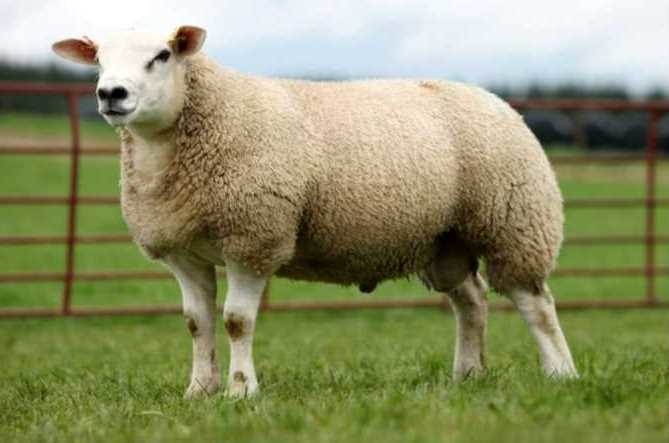3.1 Literature study
Designing for presence: Introduce and discuss ideas and concepts from literature, in order to apply in the following sections.
This week started with a discussion about the new literatures concepts. In order to understand the concepts we started with defining them separately from each other:
|
Eline |
Maya |
Melchior |
Milan |
|
|
Public Engagement |
Public engagement describes the myriad of ways in which the activity and benefits of higher education and research can be shared with the public. Engagement is by definition a two-way process, involving interaction and listening, with the goal of generating mutual benefit. The design for a new food system at Texel that we create as a research institute needs to be shared with and tested in a case study by the public (tourists, locals and famers) in order to guarantee enough public engagement. |
Public engagement is the willingness of the public to participate in an event. In the context of ‘Feed Texel’ refers to the involvement of the ‘locals’ in discussion with the professionals (the farmers) |
The degree of involvement (via actions or discussions) of the people of a society |
The quantity and quality of the public willing to participate. |
|
Social Acceptance |
Social acceptance means the way that social factors affect the acceptance of sustainable technologies. In order to get a new technology implemented in society you need to create a particular scale of social acceptance. In case of Texel this means that especially the people and the farmers need to accept the fact that the new technologies will make changes in their daily social lives. |
Social acceptance refers to the way people start to act in order to fit in or be tolerated by society. For ‘Feed Texel’ this could mean people following a special diet ‘the Texel cuisine’, because it’s what most people do on the island. It’s what’s considered to be normal. |
The way in which people of a society/group positively tolerate a certain behaviour/manner/action. In a transition, something can first be seen as abnormal or different and afterwards be accepted. |
How much a manner, habit or action is accepted in society. It could be that social acceptance has to be raised when a transition is started. |
|
Contextualities |
Contextualises are all kind of factors that form the framework in which or new food-system design must be implemented. |
The specific circumstances (location, time, influence, actors, etc.) that are connected to a particular object or event. |
Looking at changes, transitions, behaviour in its local system with its specific influences, agents, actors. |
Everything and everyone which has influence in a certain action or process. |
|
Intermediaries |
Intermediaries are actors in the grassroots innovation process. They connect specific and often isolated local innovation projects with one another and with the rest of the world. They are specialist in niche development and therefore interesting to map for the implementation of our new food-system design at Texel. |
Intermediary refers to the third party that can help two other parties with their negotiation. For ‘Feed Texel’ this could be an farmers association that helps both the farmers as the locals understand each other’s point of view. |
These are groups, organisations, companies that can help/ mediate in between phases of a project by passing on knowledge and technologies. (But not always sharing them with others…) |
“Person who negotiates”. The party which can help solving problems or negotiate between parties to make a transition happen |
|
Niche development |
Protected spaces that allow nurturing and experimentation with the co-evolution of technology, user practices and regulatory structures. The niche development is a concept in which we could share our design for a new food-system with the public and by doing this create social acceptance of the new food system which allows the new system to expand and be fully accepted by the whole island. |
Niche development refers to focussing on a very specific group of systems (a product, a particular technology). For ‘Feed Texel’ this could mean focussing on the production of seaweed. |
The way in which a specialised field of technology/ interest/ knowledge is changing and shaping |
Develop technology or action in a space where the market is not saturated. |
Table 1. Our interpretations of the concepts of this week.
Most terms from the literature has been understood in the same way, although sometimes little differences are present in the interpretation of specification of how this could be implemented in the sub system of ‘Feed Texel’. Below is a summary or the most common defined definition of each tern described.
The term Public Engagement has by all group members been defined as the relation between the public and the professionals; the willingness to participate of the former group in discussions and events of the latter group. To make sure the public engagement is maximized there needs to be an open line of communication, interaction and possibly mutual benefits.
Social Acceptance in the broad sense of the word refers to the influence of society on certain events and actions. If an action isn’t socially accepted, people are less likely to perform this action. For the sub system of ‘Feed Texel’ this could mean that before a system can be changed or implemented, it should first be accepted in society to make it successful. In order to create a system that focusses on local produced foods, the inhabitants of the island have to be willing to change their daily diet.
All group members defined the term Contextualities as all possible influences, circumstances that together form the framework in which a system operates.
Intermediaries has been defined as an outside group, a third-party that is specialized in the niche in question, who can help the two negotiating parties come to a deal.
The term Niche development refers to a specialised non saturated part of the market.
